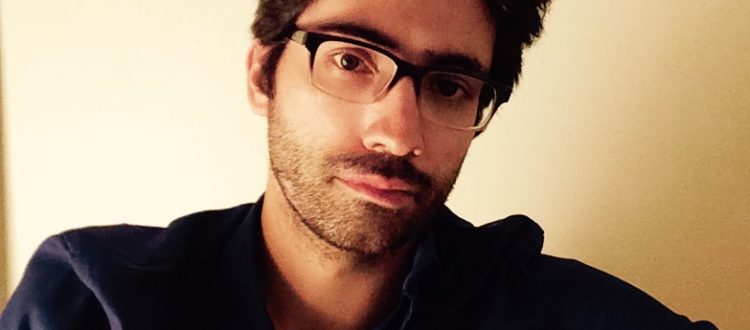João Pedro Cachopo receives award from PEN Club Português in the category First Work
Truth and Enigma: Essay on Adorno’s aesthetic thinking
This book focuses on Theodor W. Adorno’s aesthetic thinking (1903-1969) and seeks to clarify his most decisive challenge: the critical capture and exploration of the “truth content” of works of art. That the truth of art, according to Adorno, is inseparable from its critical potential, from its historical and social negativity, is undeniable. However, this potential – which can only be done justice by diving into the immanence of artistic processes – proves irreducible to the dictates of an explicitly political or utopian art. According to the hypothesis advanced in this study, the “truth content” [Wahrheitsgehalt] of works of art would be played first of all in their resistance to interpretation. Hence the centrality of the concept of “enigmatic character” [Rätselcharakter]. Taking the pulse of Adorno’s Aesthetic Theory, as well as the studies that the philosopher dedicated to Beethoven, Kafka, Hölderlin, Beckett, Mahler, among others, it will be argued that art is not limited to denouncing the real present or past – under the figure of “protest” – or anticipating a real future – under the figure of “promise” – but, as an “enigma”, it provokes a crisis of understanding that disturbs the intelligibility of the real and displaces the conditions of its possible transformation. This brings us to the perspective, in which the singularity and the currentness, at the same time aesthetic and political, of the Adornian proposal are played, according to which it constitutes, despite its anchoring in the philosophical inheritances associated with the concepts of beautiful and sublime, an “aesthetics of the enigmatic”.
FCSH award award news site:
http://www.fcsh.unl.pt/media/noticias/destaques/premios-pen-clube_2
PEN Club Português website:

